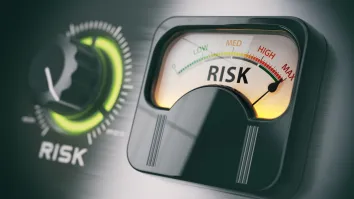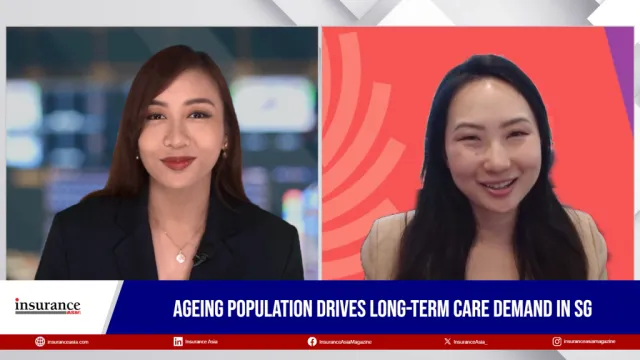Unmarried individuals in Singapore less resilient socially, financially– study
New study baselined the four resilient domains among Singaporeans: social, physical, mental, and financial.
A study exploring the resilience levels of Singaporeans has unveiled disparities based on age and marital status, spotlighting the challenges faced by unmarried individuals in the country.
The study, conducted by Income Insurance in partnership with SMU ROSA, surveyed over 2000 Singaporeans aged between 26 to 78 to establish a baseline resilience index across various demographics.
Shannen Fong, Vice President and Head of Strategic Communications and Sustainability at Income Insurance, said that Singaporeans generally exhibit a high level of resilience.
She mentioned that according to the study, social and physical resilience tends to decrease with age. The most socially resilient group were Singaporeans aged between 46 to 55, followed closely by the younger cohort.
Singles were found to be less resilient both socially and financially compared to their married counterparts. "The lack of financial support and extended family assistance that often comes with a spouse is a significant factor. This issue becomes even more pressing in Singapore's aging population," Fong explained.
She pointed out that singles might also bear the responsibility of caring for elderly parents while managing their ageing process.
Another aspect of the study highlighted by Fong was the resilience of older Singaporeans, particularly those in their 50s and early 60s. "This group, often referred to as 'young seniors', faces unique challenges, especially if they fall into the 'sandwich' category, juggling responsibilities towards both their children and ageing parents," Fong elaborated.
Fong also noted that those who are unemployed and less educated are among the least resilient in Singapore. "This highlights the need for targeted support and resources for these groups to enhance their resilience in the face of changing societal and economic landscapes," she added.
The Singapore Resilience Study was initiated to understand the resilience levels amid an increasingly volatile and uncertain environment, particularly in the aftermath of COVID-19. "To thrive in such conditions, it's crucial to have a high level of resilience. This study serves as a foundation for understanding where Singaporeans stand in terms of resilience and what can be done to enhance it," Fong emphasised.
She also said that the study is instrumental in providing a comprehensive understanding of resilience across diverse demographics in Singapore.
"As the first of its kind, this study not only identifies these vulnerabilities but also serves as a foundation for collaborative efforts aimed at enhancing resilience," Fong noted. The intention is to create an ecosystem where like-minded partners, including insurers like Income Insurance, can rally together to provide targeted interventions and support.



















 Advertise
Advertise






